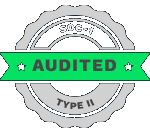Table of Contents:
71% of global enterprises predict that their investments in analytics will spike in the near future, according to a study by MicroStrategy.
Data and analytics lie at the core of improving strategy, processes, and financial performance, and of increasing cost efficiencies. Big data, cloud computing, and AI are expected to have the most impact across the globe.
The scope and quantity of data that your company produces and stores can make it difficult to obtain the insights you require to take your company to new heights. Here is where business analytics (BA) and business intelligence (BI) step in. Arguably, they are the most popular solutions for data management.
Neither is “better” than the other, and you do not need to choose which one will be more helpful for your business strategy. Your company will need both BA and BI to function optimally.
The terms are often used interchangeably, but have subtle yet vital differences. It hence becomes imperative to answer the question: How does business analytics differ from business intelligence?

Defining Business Analytics vs Business Intelligence
At the most basic level, both processes leverage data to enhance your business operations.
Business analytics is a subset of business intelligence. It involves processing, sorting, studying and collating data. Its goal is to help you decide which data sets are useful and how they can be employed to boost revenue, productivity, and efficiency.

Business analysts create solutions for data-related issues with an array of mathematical models, quantitative analysis, and data. Armed with this knowledge, they predict market trends and consumer behaviours and can recommend ways for consumers to reach their goals.
It is more of a cycle than a linear process. BA includes a “cycle of analytics”, that is, the process of discovery, preparation, analysis, and storytelling of data. There is no limit to the number of ways you can visualize this to arrive at relevant data insights.
Traditional business intelligence was birthed in the 1960s as a way of sharing information across companies. It evolved two decades later to aid in making decisions and transforming data into insights.
Modern business intelligence utilizes tools and strategies to identify, collect, and categorize data. It is concerned with current and past events and gives users detailed information on the condition of the business. Analyses are presented in graphs, charts, dashboards, and reports. Your tactical and strategic business decisions are informed by the insights driven by BI. It allows for tasks such as pinpointing market trends, setting benchmarks for performance, and heightening compliance.

The Key Difference
Business analytics is predictive, whereas business intelligence is descriptive.
Business analytics predicts what is likely to happen in the future and helps you determine the changes you should be making to ensure better outcomes. It requires the expertise of data science professionals, but should be relatively easy for non-technical workers to grasp. It deals with the “whys” of your business so you can make informed developments you require to succeed.
Business intelligence, on the other hand, gives you a summary of present and historical data to deal with current situations. It focuses on the “whats” and “hows” of your business so you can carry on with what is efficient and change or do away with what is not. It answers questions such as “How many customers have we gained this month?” and “What new models are in our pipeline?”
To illustrate this difference with examples, imagine that your friend sells scented candles online. Business intelligence would inform her that sales of her apple-scented candles have increased in the past month in Florida. In response, she makes more apple-scented candles to take advantage of this.
Consider, on the other hand, a company that wants to save costs. Through analytics, it predicts that rearranging their employees from two buildings to one could cut travel expenses and improve teamwork. After implementing this change, they find that they have indeed succeeded in their endeavour.

Conclusion
BluEnt uses the ideal blend of current, predictive, and historical data analytics to give advice on how to produce and govern complex information. Transform your organization’s data into key insights and enhance your performance.
The insights we provide will slice through complexities and clarify problem-solving. You will reap the benefits of improved operational efficiencies and visibility, quicker decision making and problem solving, optimized returns on IT and business investments, and fresh opportunities to generate revenue.
Our talented team of data scientists, data analysts, software programmers, and business intelligence professionals manage marketing software and analytics for large enterprises and SMEs. We devise big data management solutions on a shoestring budget, having honed our methods in the technology and software industry for over two decades.
Contact us to find out how you can obtain your best business model.
Maximum Value. Achieved.
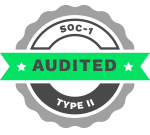











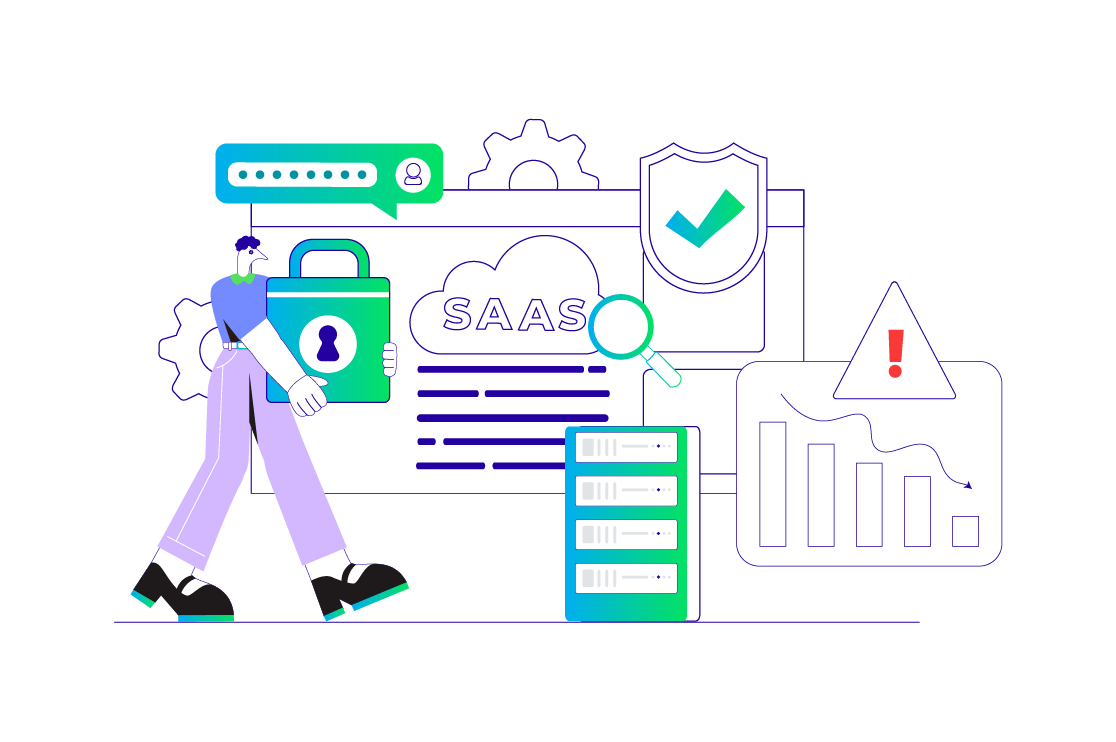 Top SaaS Security Risks & How to Mitigate Them: An In-depth Guide for 2026
Top SaaS Security Risks & How to Mitigate Them: An In-depth Guide for 2026 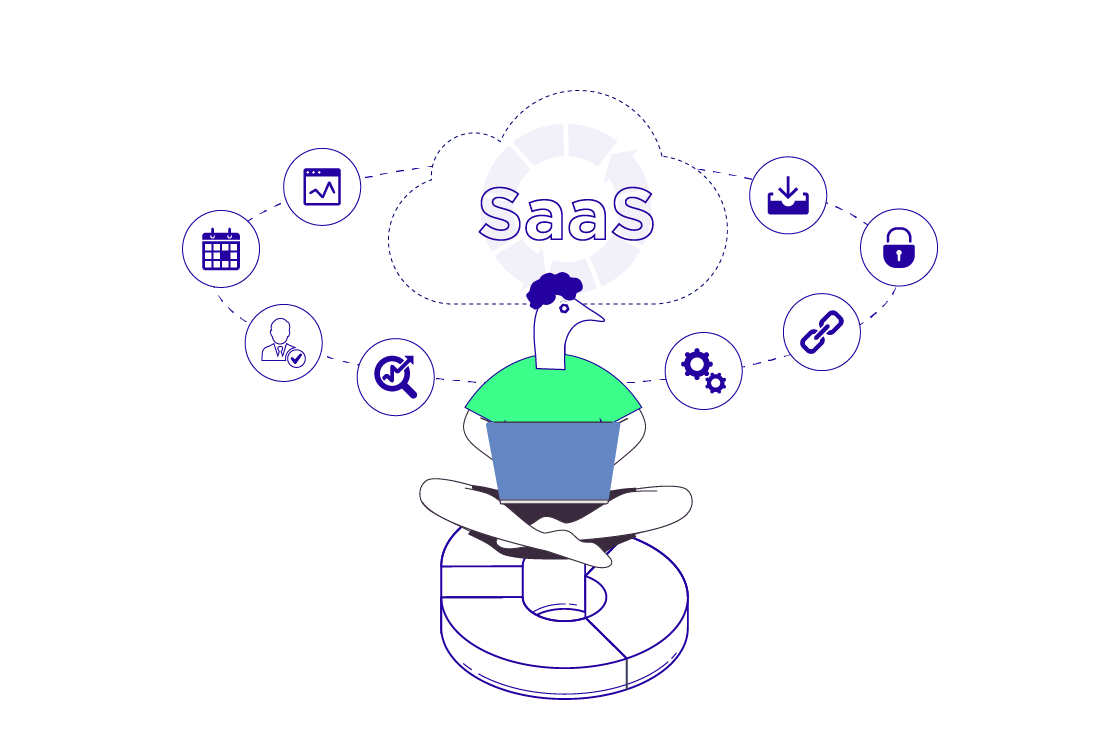 SaaS Integrations: Importance, Key Benefits, and Risks for Global Enterprises
SaaS Integrations: Importance, Key Benefits, and Risks for Global Enterprises 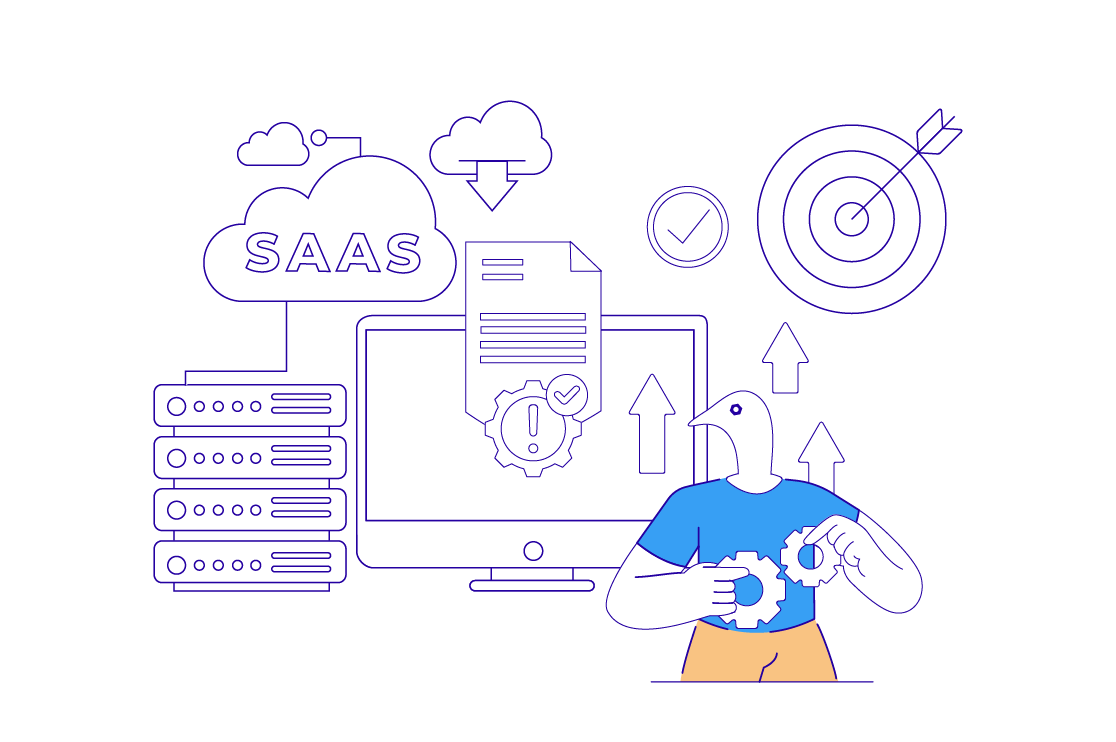 Blockchain SaaS Solutions: Benefits and Challenges for Global Enterprises
Blockchain SaaS Solutions: Benefits and Challenges for Global Enterprises 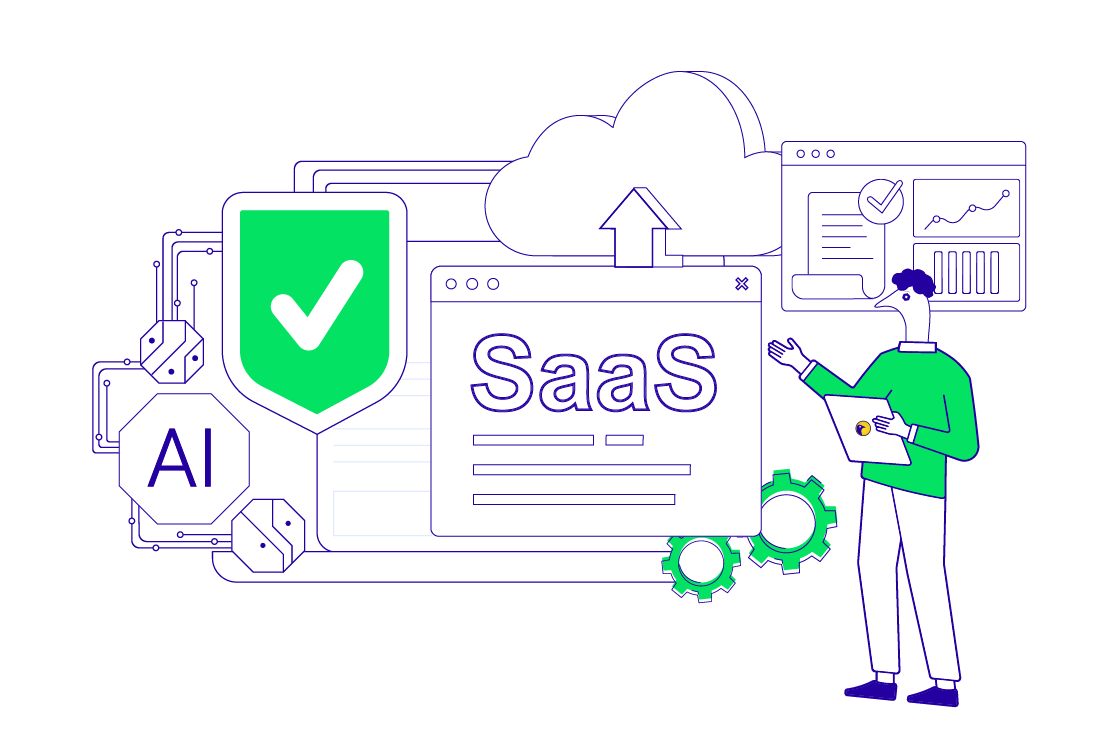 AI Governance in SaaS: Top Risks & Best Practices for 2026
AI Governance in SaaS: Top Risks & Best Practices for 2026 
